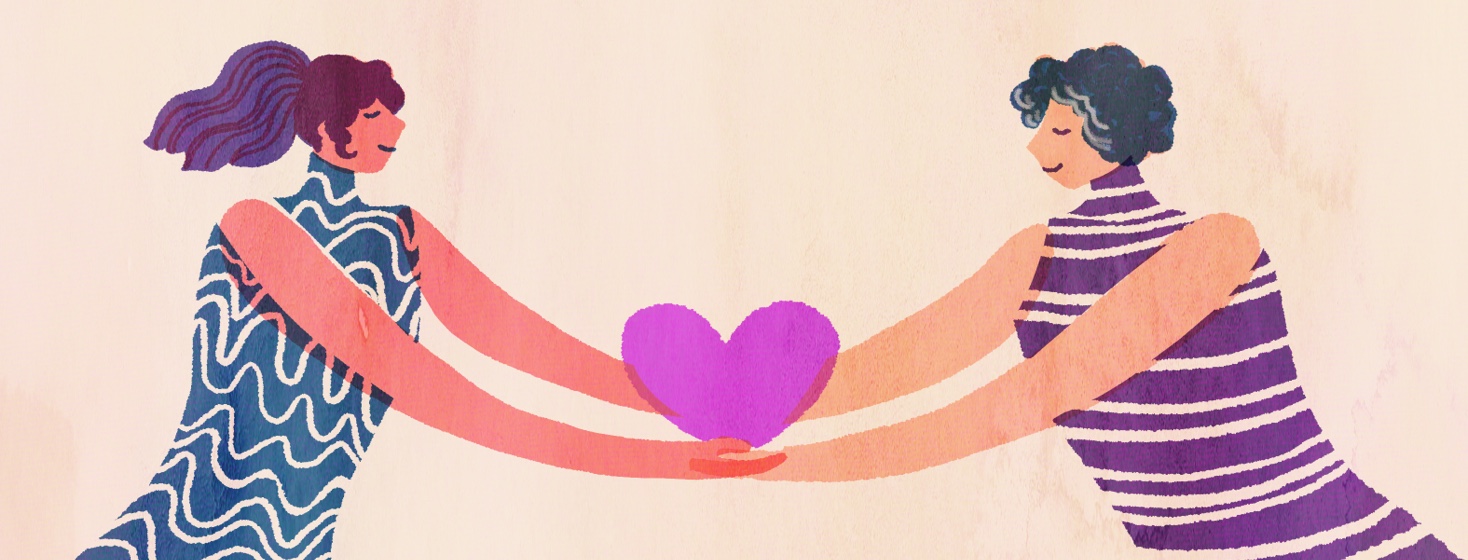Being a Caregiver from A Mom’s Perspective: Part 1
Being a caregiver for a cancer patient is no easy task, but it’s an especially delicate balance when the caretaker is your parent. I had the unique opportunity to interview my very own Mom (and breast cancer thriver) about this important topic.
A mother's perspective
My name is Melissa Berry, Founder of CancerFashionista.com and I couldn’t have gotten through my treatment without my amazing mother, Barbara. Check out our conversation below, and I hope other caregivers find this helpful!
What was the most challenging part about being the parent of a breast cancer patient?
The hardest part was staying positive and strong when I knew it would be years before I might be able to breathe knowing Melissa made it through a critical period without a recurrence.
What was the most surprising part about being the parent of a breast cancer patient?
I found strength I never knew I had, almost to a fault. I think it made me feel so numb that I couldn’t even cry at the time of diagnosis, treatment, and beyond. I did tear up when they were wheeling Melissa into surgery, but for the most part, I felt like I was on autopilot. I did have a responsible job and other family members relying on me so I had to suppress my emotions.
Would you have done anything differently for Melissa if you could go back? If so, what would that be?
Knowing what I know now but not back then, I would have encouraged her to have a bilateral prophylactic mastectomy and breast reconstruction. The risk because our family history of breast cancer was so high, the rationale would be that she could avoid the possibility of chemotherapy treatment if she had the surgery before being diagnosed.
What kind of self-care did you practice during Melissa’s treatment? Did you find reading a book or exercising a good way to relieve your anxiety?
Having to report to my job each day and not being able to dwell on Melissa’s treatment was better than any therapy. Walking and speaking with my compassionate coworker during my lunch break helped to relieve anxiety.
What advice would you give to other caregivers?
My advice is to be available to listen, nurture, ride the waves and just be there.
Did Melissa’s diagnosis and treatment bring back any feelings about your own breast cancer diagnosis and treatment? If so, how?
My experience was incomparable to Melissa’s. I didn’t have mastectomies or chemo because my breast cancer was a different, a less aggressive type. I realized that as a result, Melissa thought that if she did have breast cancer, it wouldn’t be as bad as what she wound up having to go through.
What advice would you give to caregivers about attending doctor appointments? Taking notes during appointments? Getting 2nd opinions? Knowing what questions to ask?
Someone should be there with the patient during doctor appointments. It’s often difficult for the patient to process the information that is discussed. The caregiver may be able to focus better and take notes to help the patient understand what was described and recommended. Questions should be prepared in advance based on any and every concern without holding back. Second opinions are usually a necessary step and are helpful for the sake of comparison and for the patient’s trust and confidence.
Chemotherapy treatment and all of the medications that are taken can have an effect on one’s mood. How did you navigate Melissa’s rollercoaster of emotions during her treatment?
I knew I had to be patient, understanding, and believe that there would be a light at the end of the tunnel. I was glad I could have Melissa stay with me during her worst post-chemo days. I concentrated on preparing and providing foods that she could tolerate. It was comforting and a distraction for me to be her nurturer at those times.
Share your caregiver experience with us below!
Editor's note: Check out Part II in this series that talk about the experience from a grandmother's perspective.

Join the conversation